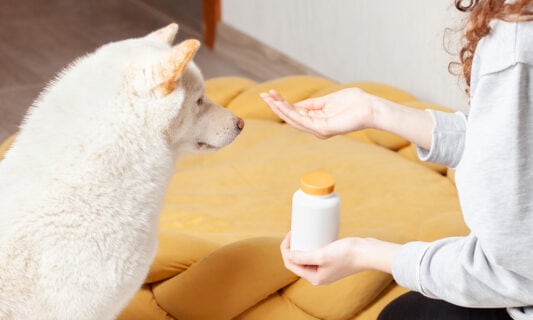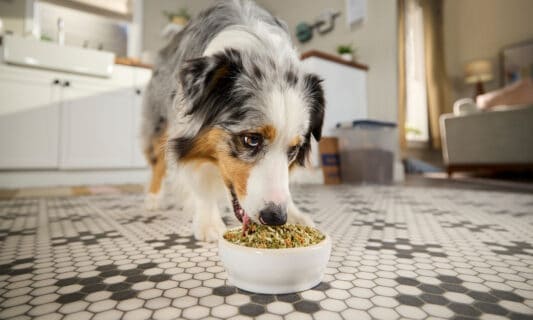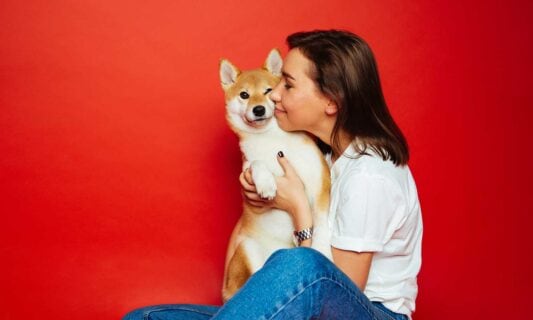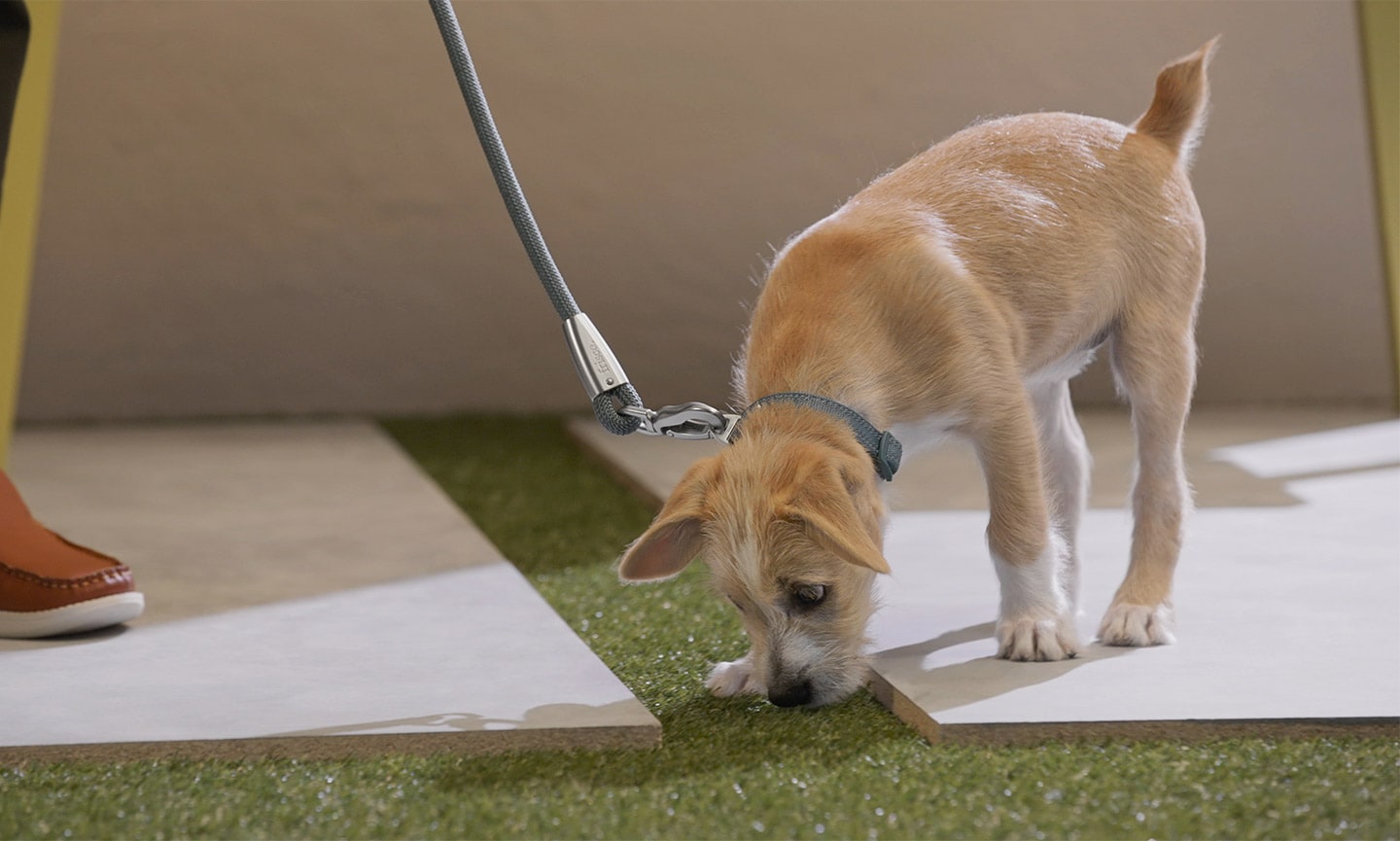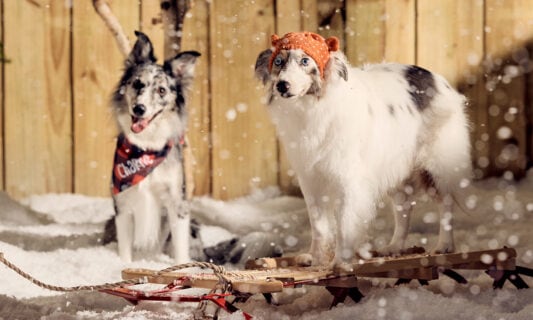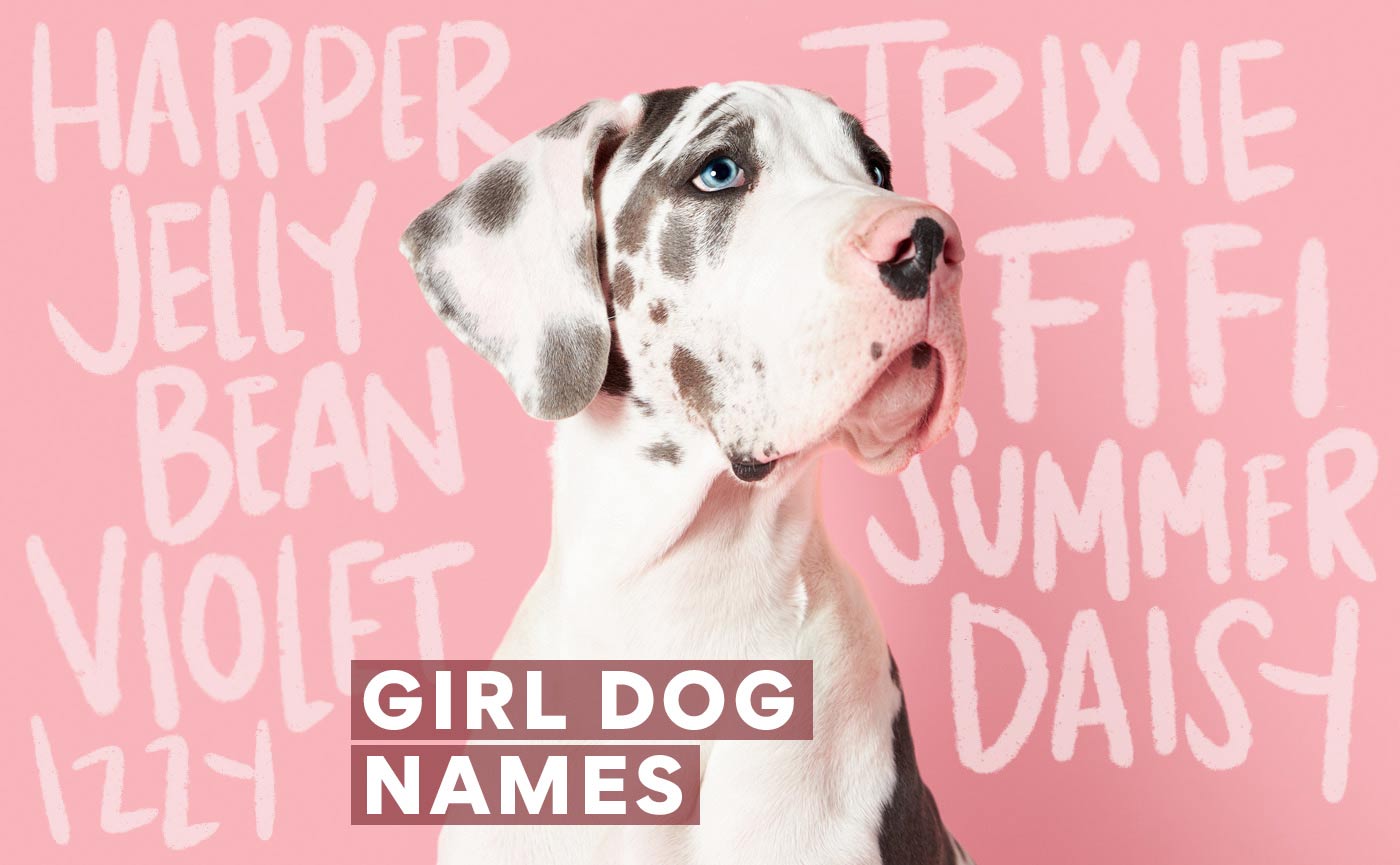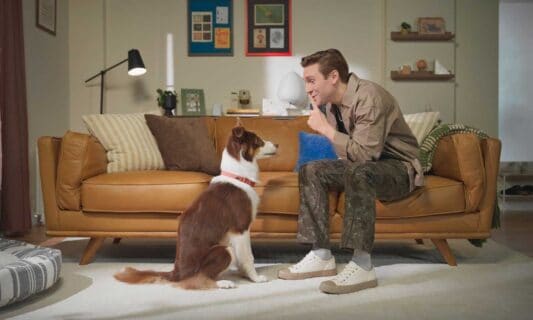Because your pup's as pretty as a petal—and they're your best bud.
From Pup Tart to Jabba the Mutt, we've got the ultimate list of funny dog names for your new furry friend.
You come home from a long day at work so excited to see your loyal, dedicated, unfaltering best fur baby friend that has been waiting patiently all day to see you.
These are the best dog beds, as tested by dog experts and their own dogs.
Understanding antibiotics for dogs.
Learn all about the risks, possible benefits, and more.
When you’re a pet parent, you’ve already got the perfect valentine snuggled up next to you.
You love your dog so much, it only makes sense to give them a name to match!
Want to know how you can potty train your puppy? Try these puppy toilet training tips recommended by a dog trainer.
We tapped dog behaviorists to find out about this common dog behavior.
How cold is too cold for pets to be outdoors?
We've compiled hundreds of popular female dog names from Abbey to Zoey to help you decide what to name your new furry friend.
Excessive dog barking can make any environment stressful. With these helpful tips from the experts, you can learn how to train a dog not to bark.
What should you expect on your vet bill after your dog's shots? Find out the current cost of dog vaccinations here.
Is your dog an attention-loving Leo, rebel Aquarius or energetic Aries?
There are several serious problems associated with uncooked, yeasted bread.
How to keep your pup’s feet clean (and your home mess-free).
It's a sweet and savory snack!




